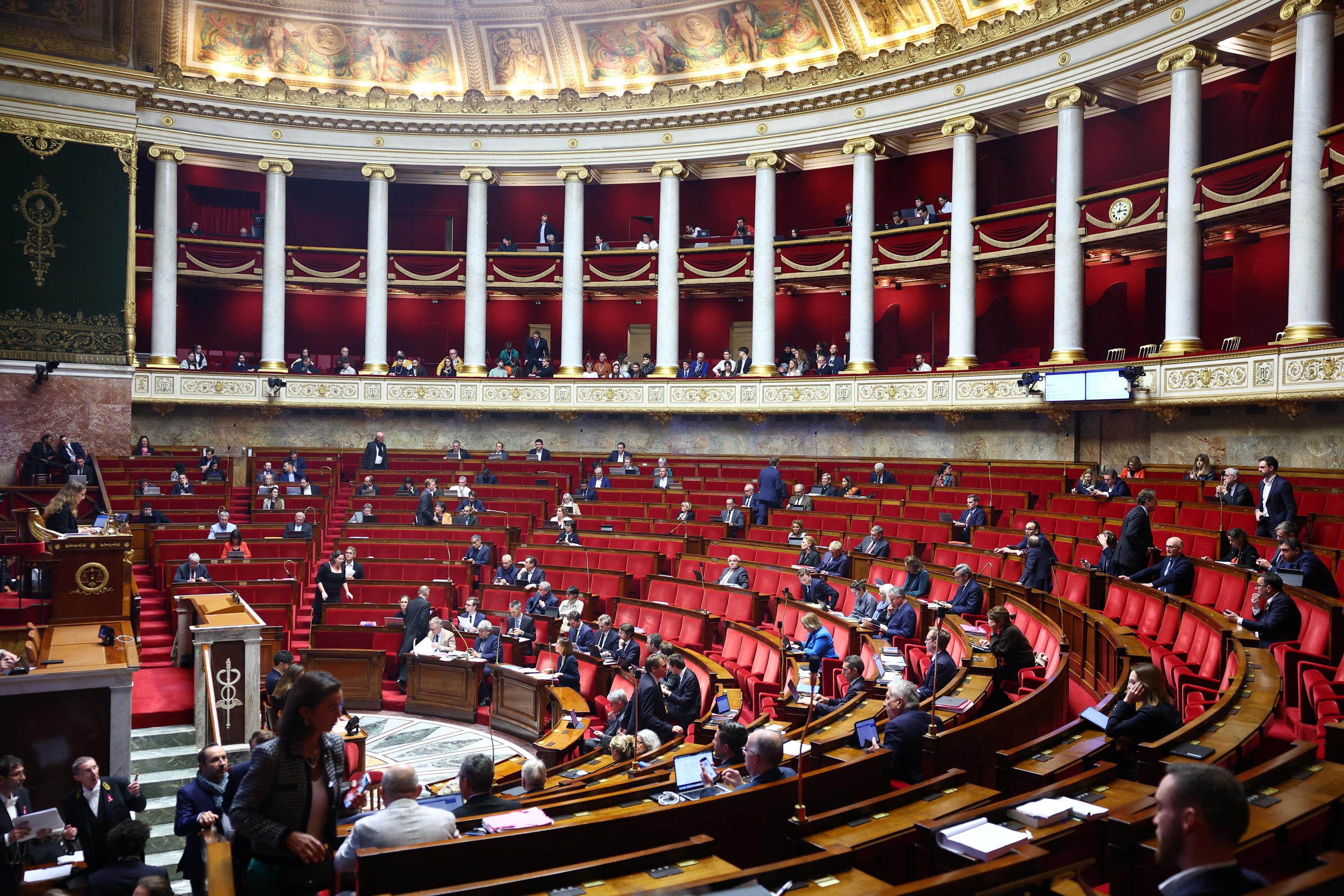French Parliament Debates Wealth Tax Reform Amid Budget 2026 Negotiations
French lawmakers adopt amendment to tax non-productive wealth while broader ultra-rich taxation proposals face deadlock in budget 2026 talks.
- • Deputies approved an amendment to replace IFI with a tax on non-productive assets.
- • The new tax excludes productive investments and targets assets like real estate and luxury goods.
- • Proposals to tax ultra-rich individuals failed to reach consensus after heated debates.
- • Sébastien Lecornu plans further discussions with parliamentary groups following the budget debates.
Key details
As part of the 2026 budget discussions in France, lawmakers grappled with reforming the wealth tax system aimed at high net worth individuals. A significant development was the adoption by deputies of an amendment proposed by Marc Fesneau, head of the MoDem group, to transform the current Impôt sur la Fortune Immobilière (IFI) into an "impôt sur la fortune improductive"—a tax targeting non-productive assets such as real estate and luxury goods, while exempting productive investments that contribute to economic growth. This new tax framework also includes a minimum tax contribution of 20% on high incomes and aims to close loopholes linked to tax optimization strategies like dividend arbitrage. Fesneau estimates this approach could generate nearly €4 billion annually.
However, despite this progress, broader proposals for taxing ultra-rich individuals encountered strong opposition in the National Assembly. Intense and heated debates failed to produce a consensus, with discussions continuing behind the scenes in the Palais-Bourbon and Matignon corridors. Interior Minister Sébastien Lecornu announced plans to continue working with parliamentary groups to seek viable solutions.
The conflicting outcomes illustrate the challenging political environment surrounding the taxation of wealth in France. While the amendment for a new tax on non-productive wealth was approved, comprehensive measures to impose broader taxes on ultra-rich individuals remain contentious and unresolved as the budget process proceeds.
This debate underscores the government's balancing act between increasing fiscal revenues and encouraging productive investment, amid ongoing negotiations set to influence France's financial landscape in the coming years.
This article was translated and synthesized from French sources, providing English-speaking readers with local perspectives.
Source articles (2)
Source comparison
Outcome of tax proposals
Sources disagree on the outcome of tax proposals for the ultra-rich
lefigaro.fr
"An amendment to replace the IFI with a new tax was adopted."
lemonde.fr
"Proposals for taxing the ultra-rich have failed."
Why this matters: One source claims that an amendment to replace the IFI with a new tax was adopted, while the other states that proposals for taxing the ultra-rich have failed. This is a significant disagreement regarding whether any progress was made on the proposed tax changes.
Latest news
France Returns the Djidji Ayôkwé Talking Drum to Côte d'Ivoire After Over a Century
Record 37 Days of Rain Triggers Ongoing Severe Flooding in Western France
Political Divisions and Social Tensions Intensify Following Quentin Deranque’s Death in Lyon
French Economy Minister Calls for Full Insurance Industry Mobilization Amid Devastating Storm Floods
France Boosts Social and Solidarity Economy with New Tools and Potential Tax Reforms in 2026
Saint-Nazaire Mayor Condemns Vandalism of Two Political Offices as Attack on Democracy
The top news stories in France
Delivered straight to your inbox each morning.


